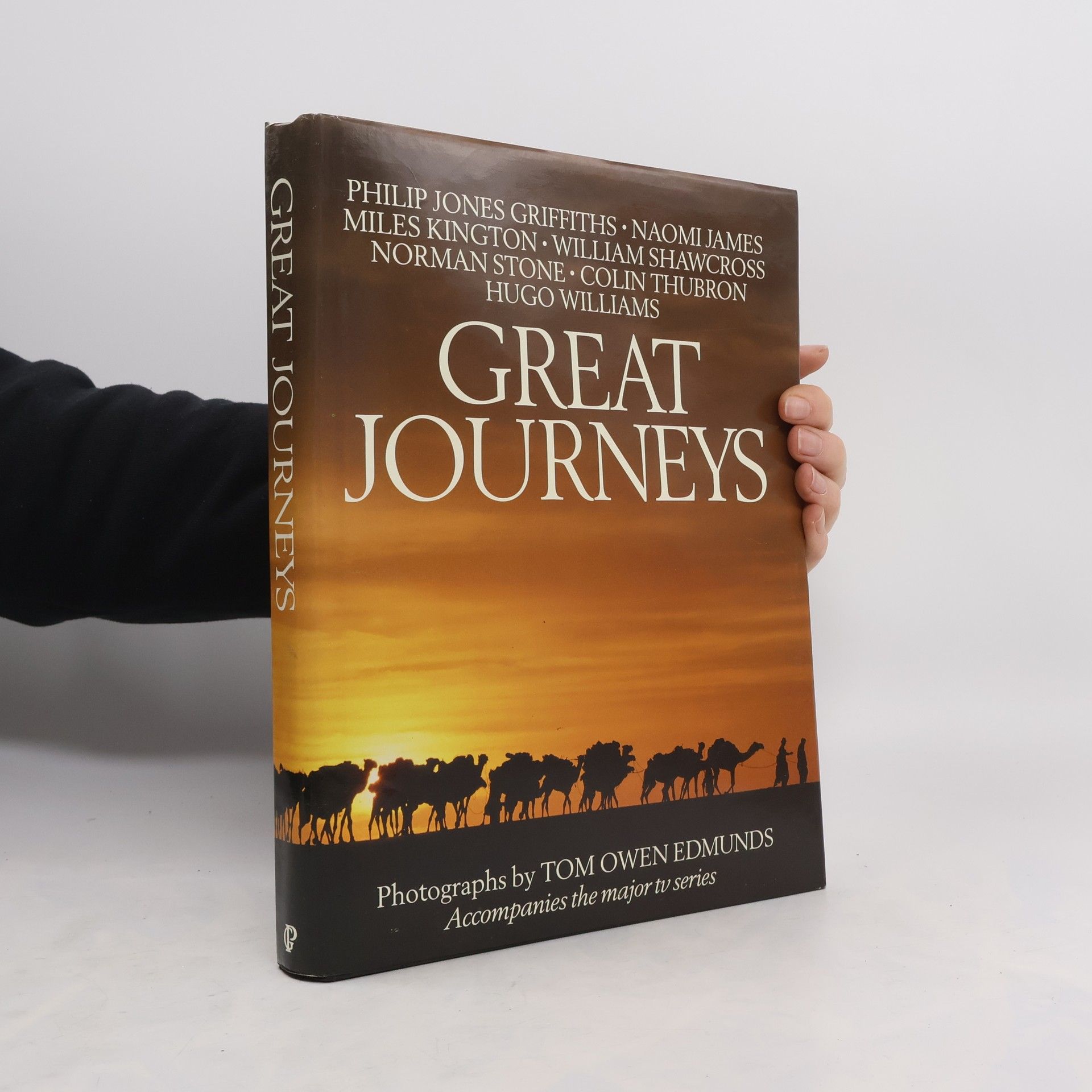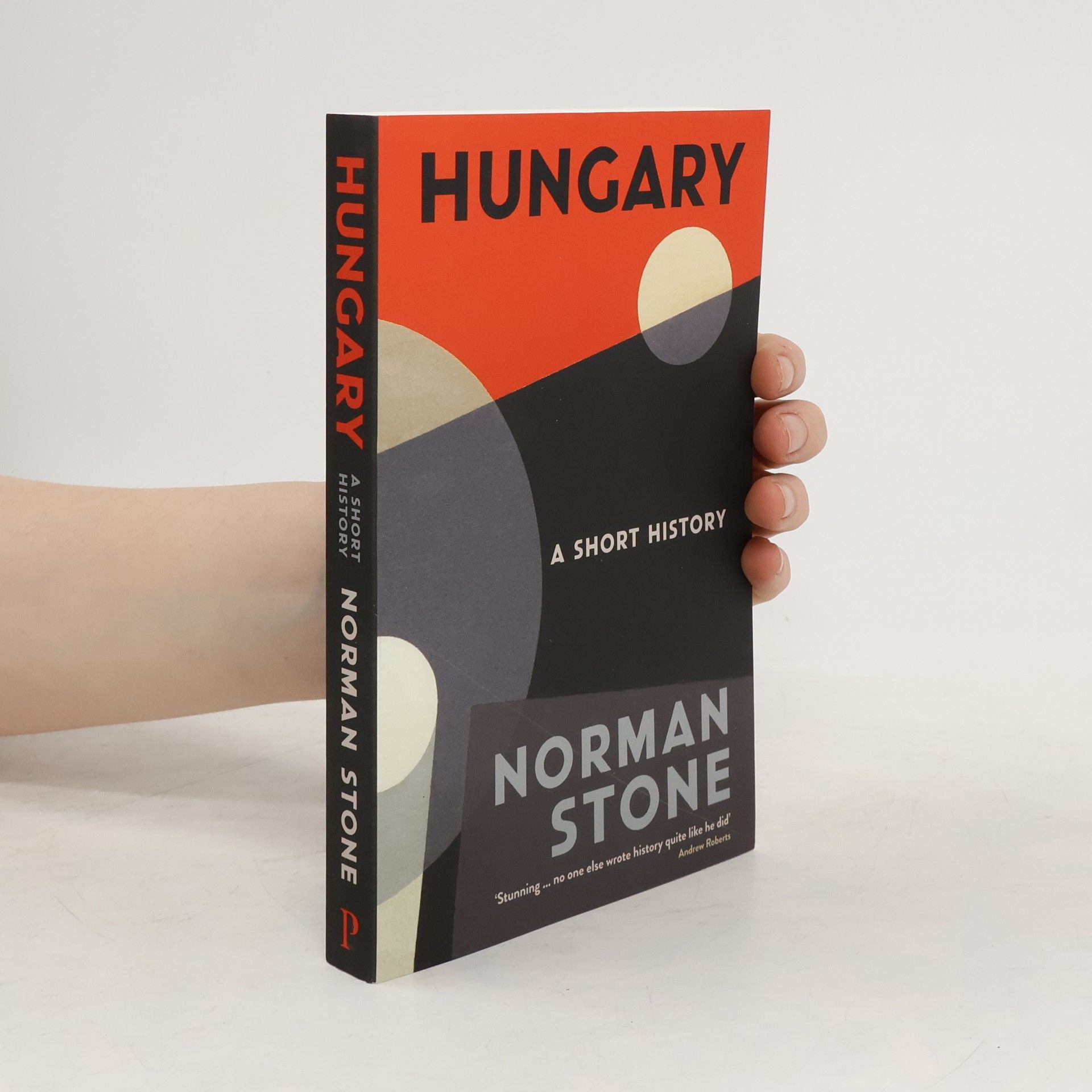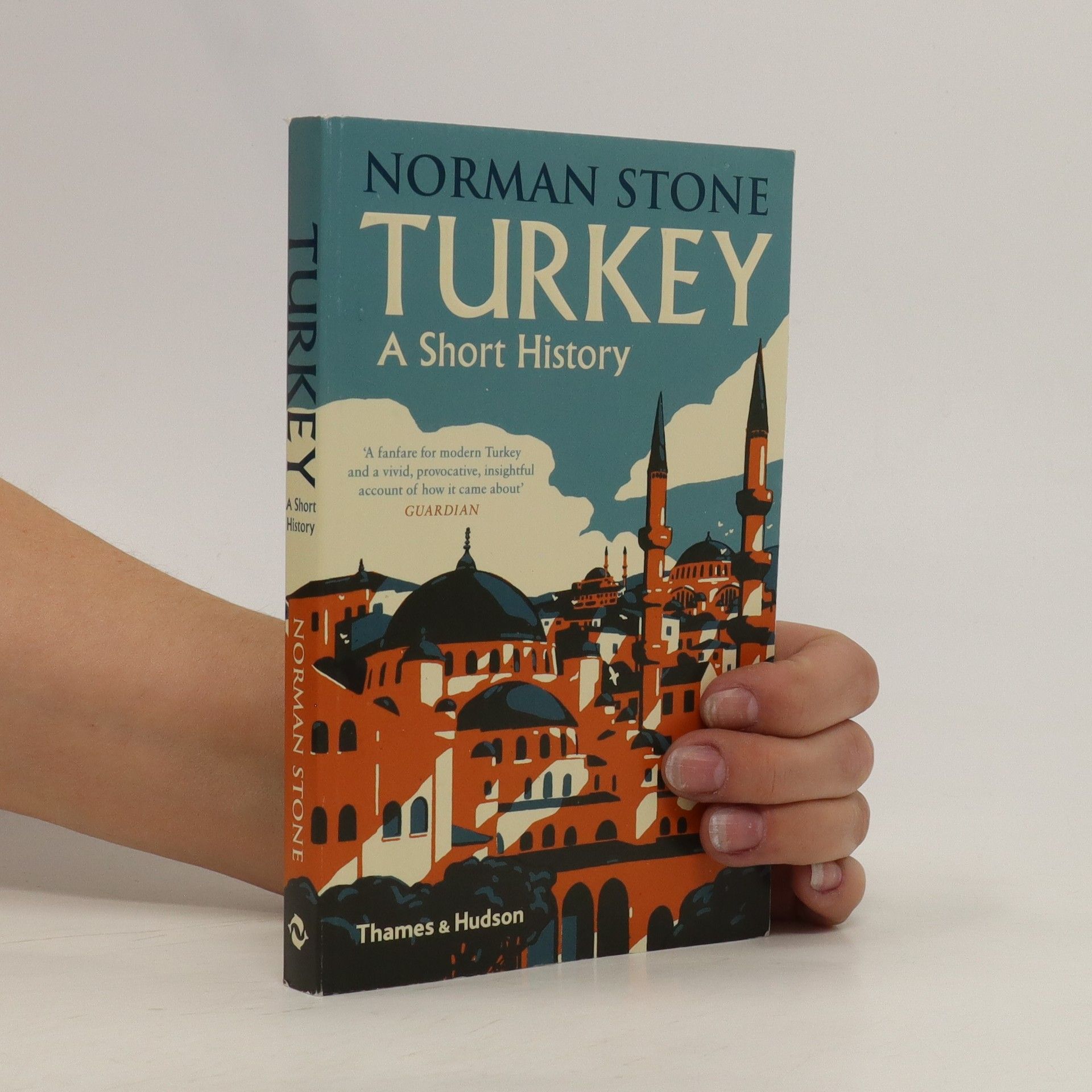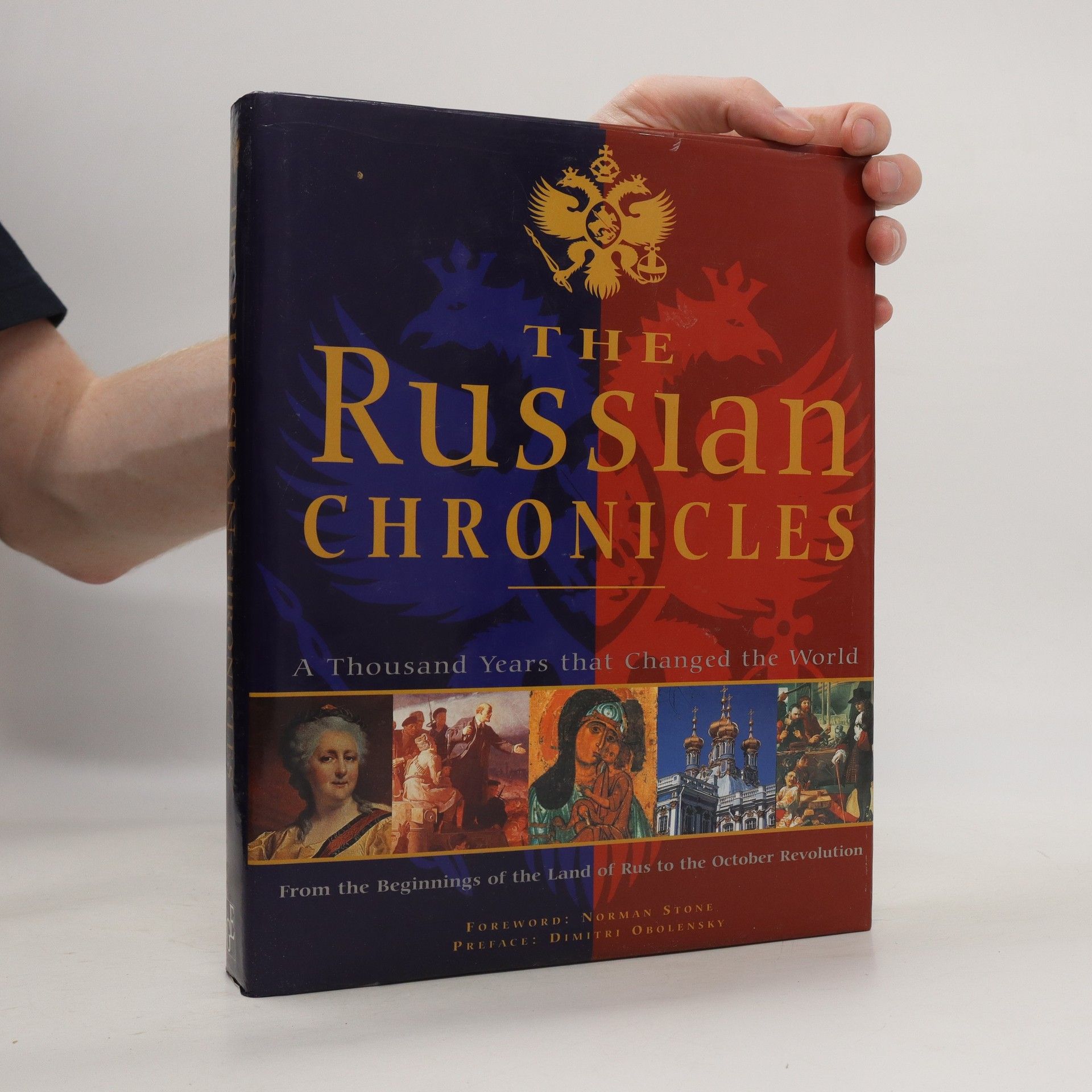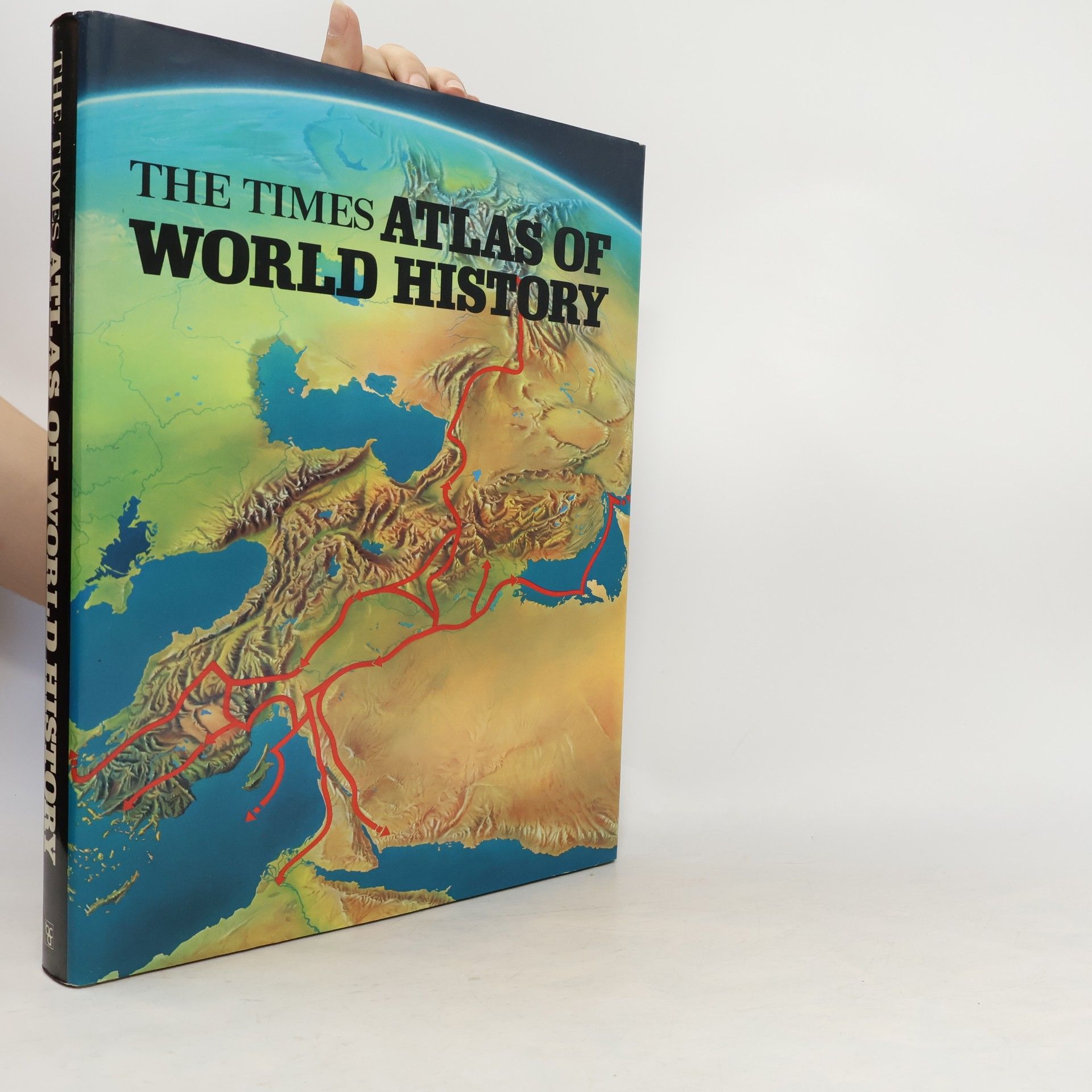The Atlantic and Its Enemies: A Personal History of the Cold War
- 688pages
- 25 heures de lecture
Pre-eminent historian Norman Stone's The Atlantic and Its Enemies is a masterful history of the Cold War. As Soviet influence spread insidiously from nation to nation, the Americans and British were overwhelmed by the coups, collapsing armies, and civil wars that seemed ceaselessly to besiege not just Europe but the Middle East and Asia as well. For every Atlantic success there seemed to be a dozen Communist or Third World triumphs, as the USSR and its proxies crushed dissent and humiliated the United States on both military and cultural grounds. Then, suddenly and against all odds, the Atlantic won – economically, ideologically, militarily – with astonishing speed and finality. Imbued with deep learning and sparks of pugilistic wit, The Atlantic and Its Enemies is an elegantly told path-breaking work—both a monument to the immense suffering and conflict of the 20th century, and an illuminating exploration of how the Western powers ultimately triumphed over the Second World War.
